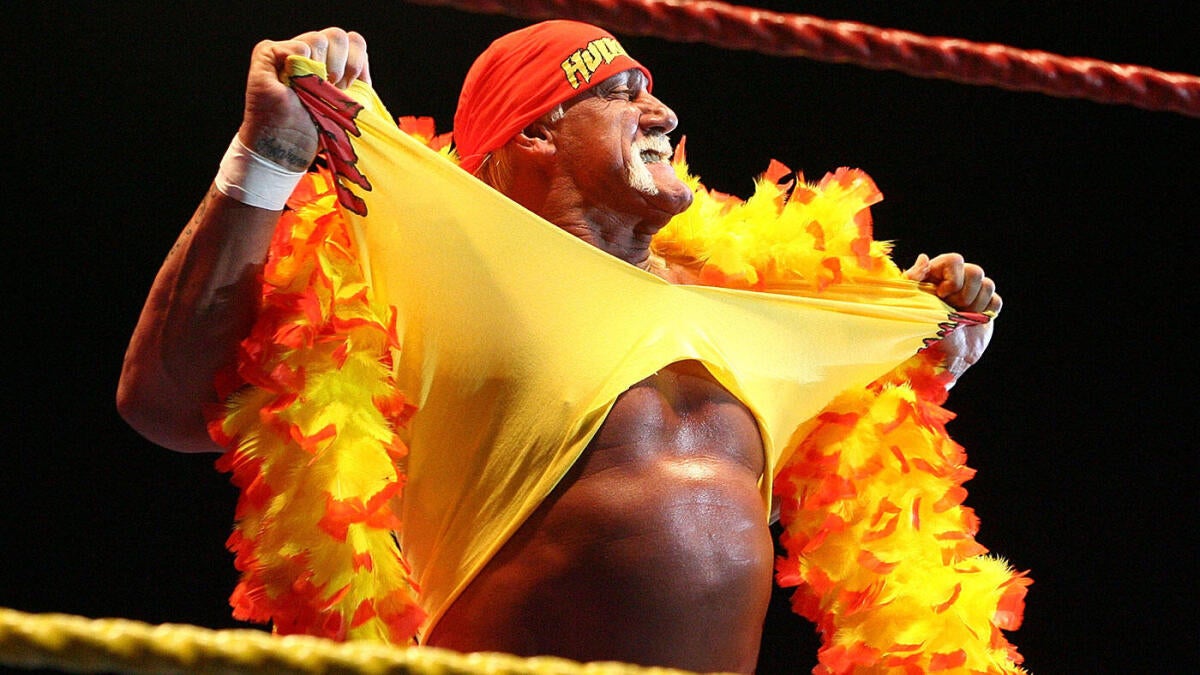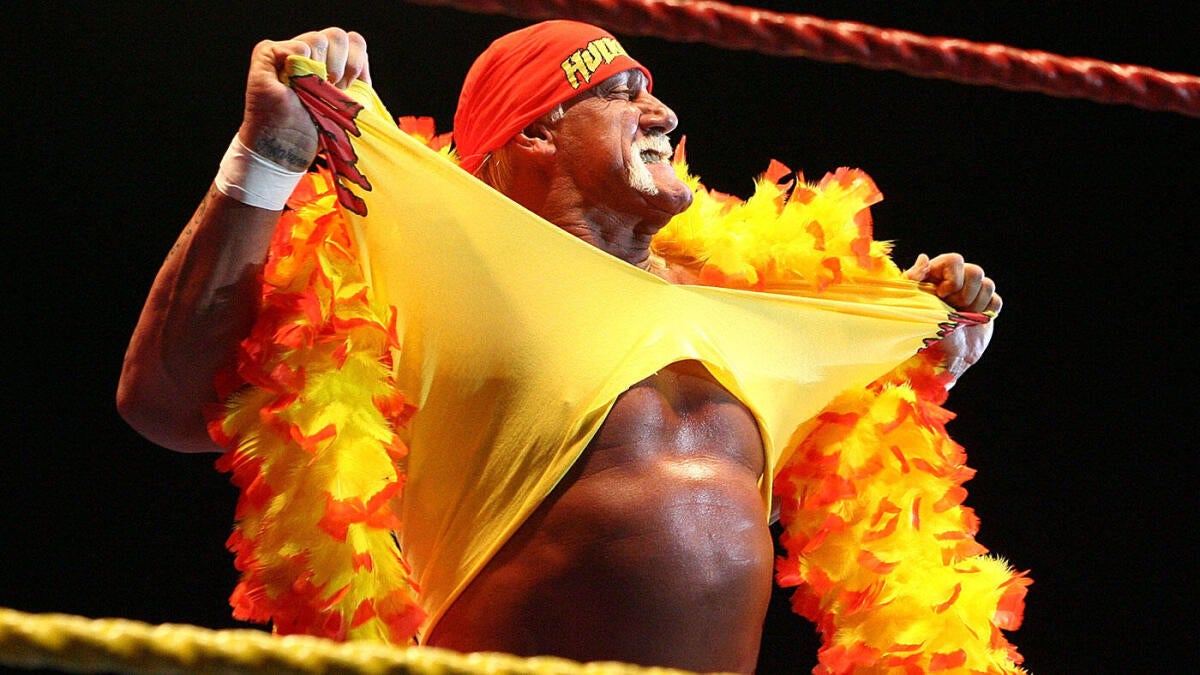Reflecting on the Life and Legacy of Hulk Hogan
The Rise of a Wrestling Icon
Hulk Hogan, born Terry Bollea, was more than just a professional wrestler; he was a cultural phenomenon. His rise to fame in the 1980s coincided with the golden age of professional wrestling, a time when the sport transitioned from regional spectacles to global entertainment. Hogan’s towering physique, charismatic personality, and unwavering commitment to his character made him the perfect figurehead for this transformation.
Hogan’s signature look—complete with his iconic bandana, handlebar mustache, and bulging biceps—became synonymous with professional wrestling. His catchphrases, such as “Whatcha gonna do, brother?” and “Hulkamania,” resonated with audiences worldwide. He wasn’t just a wrestler; he was a symbol of hope and inspiration, embodying the American ideal of perseverance and triumph.
The Golden Age of Wrestling
Hogan’s impact on the World Wrestling Federation (WWF), now WWE, was monumental. He led the company through its most successful period, headlining WrestleManias and drawing record-breaking crowds. His matches against legendary wrestlers like Andre the Giant, King Kong Bundy, and the Iron Sheik were not just athletic contests; they were morality plays where good always triumphed over evil.
Hogan’s charisma and ability to connect with audiences set him apart from his peers. He had a unique talent for making fans believe in the larger-than-life persona he created. His matches were not just about winning; they were about inspiring hope and igniting the imaginations of millions. Hogan’s influence on the wrestling industry is immeasurable, and without him, the landscape of professional wrestling would be vastly different.
Beyond the Ring
Hogan’s appeal extended far beyond the wrestling ring. He successfully transitioned into acting, starring in films like “Rocky III,” “No Holds Barred,” and “Suburban Commando.” While his acting skills were often criticized, his presence on the big screen solidified his status as a pop culture icon.
He also ventured into television, hosting “Saturday Night Live” and starring in his own reality show, “Hogan Knows Best.” The show offered a glimpse into his family life and further expanded his reach, cementing his image as a family-friendly entertainer. His cartoon series, “Hulk Hogan’s Rock ‘n’ Wrestling,” endeared him to younger audiences and showcased his versatility as an entertainer.
Controversies and Challenges
Despite his immense success, Hogan’s career was not without its controversies. His departure from the WWF in the early 1990s to join rival promotion WCW marked a significant turning point. While he enjoyed success in WCW, his character became stale, and the quality of his matches declined.
Beyond the professional realm, Hogan faced personal challenges, including a highly publicized divorce and legal battles. His involvement in a sex tape scandal in 2015 caused significant damage to his reputation and led to his temporary removal from the WWE Hall of Fame. These controversies exposed a darker side to the Hulk Hogan persona, revealing the human flaws and vulnerabilities that lay beneath the carefully constructed image.
Reconciliation and Legacy
In recent years, Hogan had attempted to rehabilitate his image and reconnect with the WWE. He publicly apologized for his past actions and expressed remorse for the hurt he had caused. In 2018, he was reinstated into the WWE Hall of Fame, a move that was met with mixed reactions from fans and fellow wrestlers.
His appearances on WWE television were carefully managed, often emphasizing his past achievements and focusing on his contributions to the industry. While some remained critical of his past behavior, others welcomed his return, viewing it as an opportunity for reconciliation and forgiveness.
Despite the controversies, Hogan’s impact on professional wrestling remains undeniable. He inspired generations of wrestlers and fans alike. He transformed the industry into a global phenomenon and paved the way for countless others to achieve success. His name will forever be synonymous with professional wrestling, and his legacy will continue to be debated and analyzed for years to come.
A Final Farewell
The death of Hulk Hogan marks the end of an era. He was more than just a wrestler; he was a symbol of a time when wrestling was larger than life, when good always triumphed over evil, and when anything seemed possible. While his legacy is complex and multifaceted, his impact on the world of professional wrestling and popular culture is undeniable.
As the final bell tolls for the Hulkster, the world pauses to remember the man who dared to ask, “Whatcha gonna do when Hulkamania runs wild on you?” And for many, the answer will forever be: remember.












